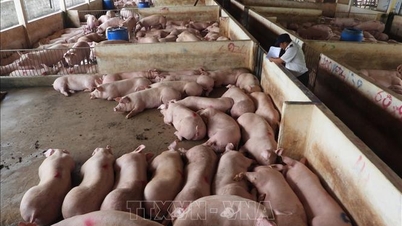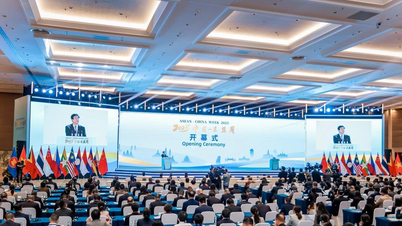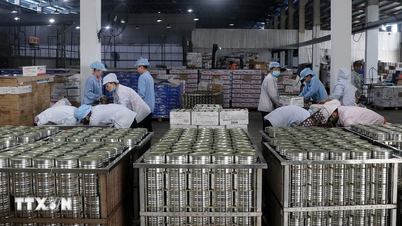Ultra-processed foods (UPF) are a major threat to public health and need to be addressed urgently, according to a new series of studies by 43 leading experts from around the world , recently published in the prestigious medical journal The Lancet.
The team of scientists – including the Brazilian professor who coined the term some 15 years ago – argue that UPF is increasingly popular globally, and has been linked to poor diets and a range of diseases, from obesity to cancer.
"The problem is the evidence we have today about... ultra-processed foods and human health," Professor Carlos Monteiro of the University of Sao Paulo said at an online meeting on November 18. "What we know now is enough to justify a global action."
UPF refers to foods or beverages that are manufactured using industrial processing techniques, additives, and artificial ingredients, and often contain little or no real food. Typical examples include carbonated soft drinks and instant noodles.
Although the term UPF has become widely used in recent years, some scientists and the food industry argue that the concept oversimplifies the issue, making the battle around it increasingly politicized .
In the Lancet series, the authors acknowledge the criticism and say more evidence is needed, particularly on the specific disease mechanisms of UPF and the nutritional differences between products in the same group. However, they say the current warning signals are strong enough for governments to act.
In a systematic review of 104 long-term studies conducted for this series, 92 studies reported an increased risk of one or more chronic diseases associated with UPF eating habits. Significant associations were found for 12 health conditions, including type 2 diabetes, obesity, and depression.
Most of these studies were designed to show associations rather than direct causation—something the authors acknowledge. But they stress that this situation needs to be addressed while more data is available, especially as UPF consumption is growing rapidly, accounting for more than 50% of the diet in countries like the United States.
Three papers in the series (funded by Bloomberg Philanthropies) also outline ways to tackle the problem, such as incorporating UPF into national policies similar to how foods high in fat, sugar, or salt are regulated. However, experts warn that the UPF manufacturing industry is the biggest barrier.
The International Food and Beverage Alliance (IFBA), which represents major multinational corporations in the industry, said its members also want to improve global health through nutritional quality, and argued that food companies should be involved in policy-making.
“The policy and advocacy recommendations in this series go far beyond the evidence available,” said IFBA Secretary General Rocco Renaldi, adding that adopting these policies risks reducing access to affordable, long-lasting food options globally./.
Source: https://www.vietnamplus.vn/nghien-cuu-lancet-thuc-pham-sieu-che-bien-de-doa-suc-khoe-toan-cau-post1077808.vnp



![[Photo] General Secretary To Lam receives Slovakian Deputy Prime Minister and Minister of Defense Robert Kalinak](https://vphoto.vietnam.vn/thumb/1200x675/vietnam/resource/IMAGE/2025/11/18/1763467091441_a1-bnd-8261-6981-jpg.webp)
![[Photo] Prime Minister Pham Minh Chinh and his wife meet the Vietnamese community in Algeria](https://vphoto.vietnam.vn/thumb/1200x675/vietnam/resource/IMAGE/2025/11/19/1763510299099_1763510015166-jpg.webp)












































































































Comment (0)